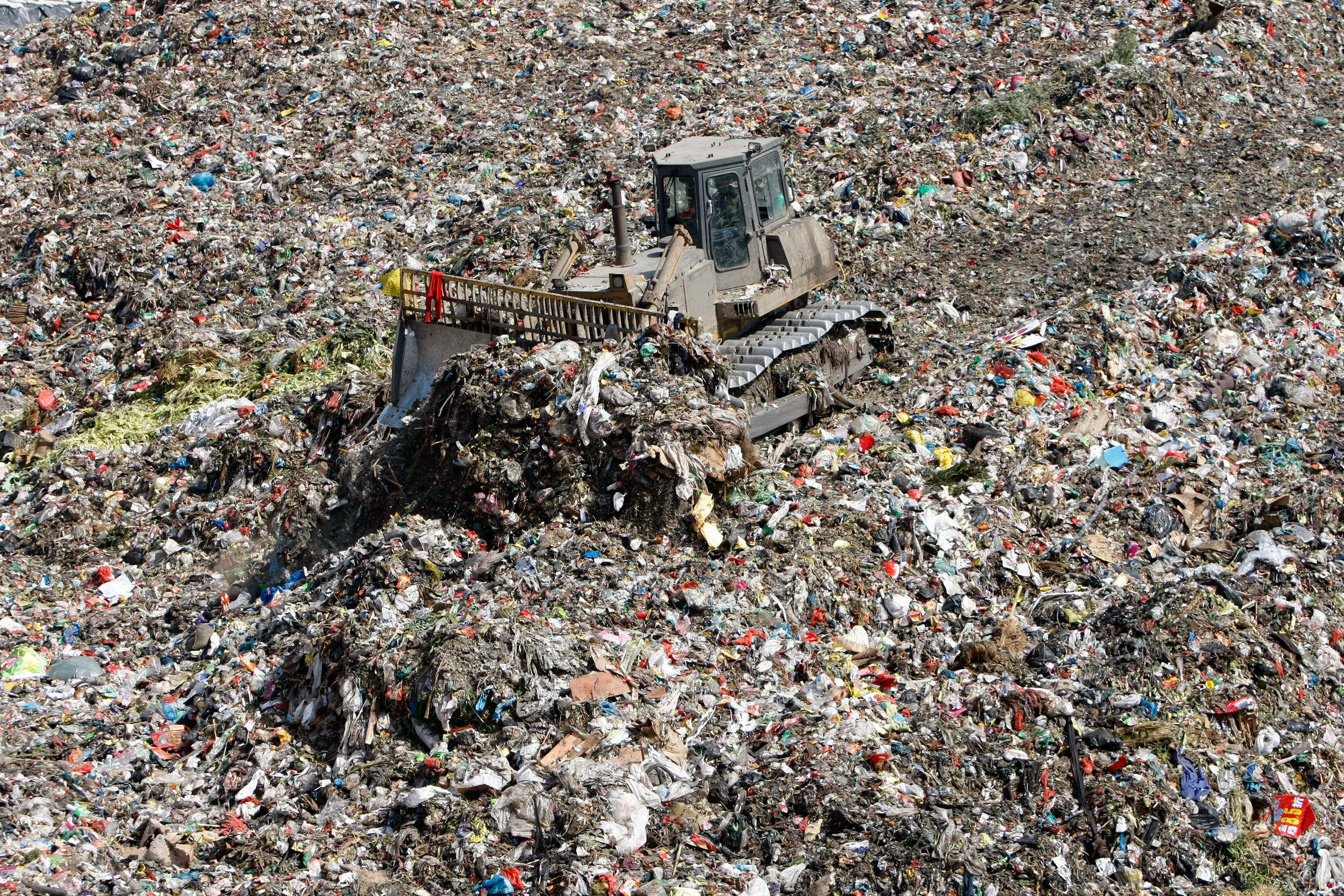July 09, 2019
Last week, protests shook one of China's most important cities as thousands took to the streets to defend their quality of life. But the disturbances weren't about political freedoms, extradition laws, or judicial transparency. This wasn't the prosperous former British colony of Hong Kong but the sprawling central Chinese metropolis of Wuhan. And the protests were about…garbage.
Residents of the 10 million-strong city oppose the government's plan to replace a landfill site with a new energy-producing trash incinerator. The authorities say it's a more environmentally (and olfactorily) friendly way to dispose of the city's growing mountains of refuse. But many Wuhanese, particularly those who live near the proposed site, fear it will spew toxic fumes into the sky over their homes and schools. They don't believe the secretive local government's assurances that the newfangled plant will be safer than the filthy ones China has used in the past. So when rumors spread that construction had started, thousands poured into the streets, braving riot police and undercover cops to make their point.
The problem of what do to with trash is hardly unique to Wuhan of course — it's been a big issue in other Chinese cities in recent years. The thing about lifting a billion people out of poverty is that wealthier people consume more stuff, which means they produce more garbage. As that garbage piles up, people expect their governments to safely and efficiently dispose of it. This is a growing challenge for many rapidly developing countries, and even for some developed ones (see: Naples, Italy).
The Wuhan demonstrators were careful to distance themselves from the political protests a thousand miles away in Hong Kong. But how governments deal with the trash is inherently political, because citizens don't have the means to make it go away by themselves. Garbage disposal requires complex systems to organize and oversee the collection, transport, and disposal of waste — and everyone can see and smell the result when government fails to get the job done. Recycling programs add a whole other layer of compliance and complexity. Getting these things right requires that governments be efficient and accountable.
In the Chinese case, the quality of life concerns of an increasingly affluent population — trash collection, environmental depredation, and poor infrastructure — may ultimately prove to be a bigger challenge to the Communist Party's opaque governance system than concerns about the lack of political rights.
More For You
With close ties to both the US and China, can Singapore survive in an increasingly fragmented and chaotic world? Singapore’s President Tharman Shanmugaratnam joins Ian Bremmer on the GZERO World Podcast.
Most Popular
Think you know what's going on around the world? Here's your chance to prove it.
UK Prime Minister Keir Starmer shakes hands with Chinese President Xi Jinping, ahead of a bilateral meeting in Beijing, China, on January 29, 2026.
Carl Court/Pool via REUTERS
This week, Prime Minister Keir Starmer became the first UK leader to visit China in eight years. His goal was clear: build closer trade ties with Beijing.
Igmel Tamayo carries charcoal to sell on the side of a road for use as cooking fuel in homes, after US President Donald Trump vowed to stop Venezuelan oil and money from reaching the island as Cubans brace for worsening fuel shortages amid regular power outages, on the outskirts of Havana, Cuba, on January 12, 2026.
REUTERS/Norlys Perez
© 2025 GZERO Media. All Rights Reserved | A Eurasia Group media company.
